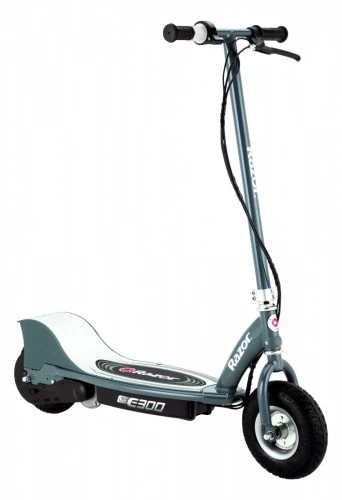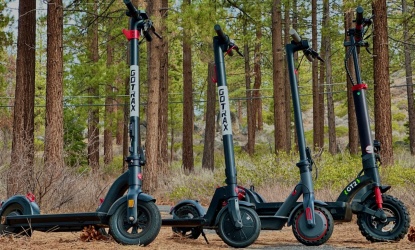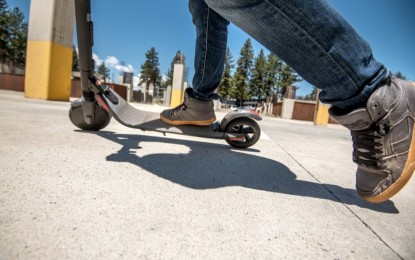So what scooter should you buy?
The Maxshot V1 delivers more speed, range, and portability for less money. It goes 5MPH faster, 14 miles further, and weighs 15 pounds less.
The Razor E Prime III is much better than the E300. However, it still can not compare with the Maxshot. See how all these models compare in our electric scooter review.














